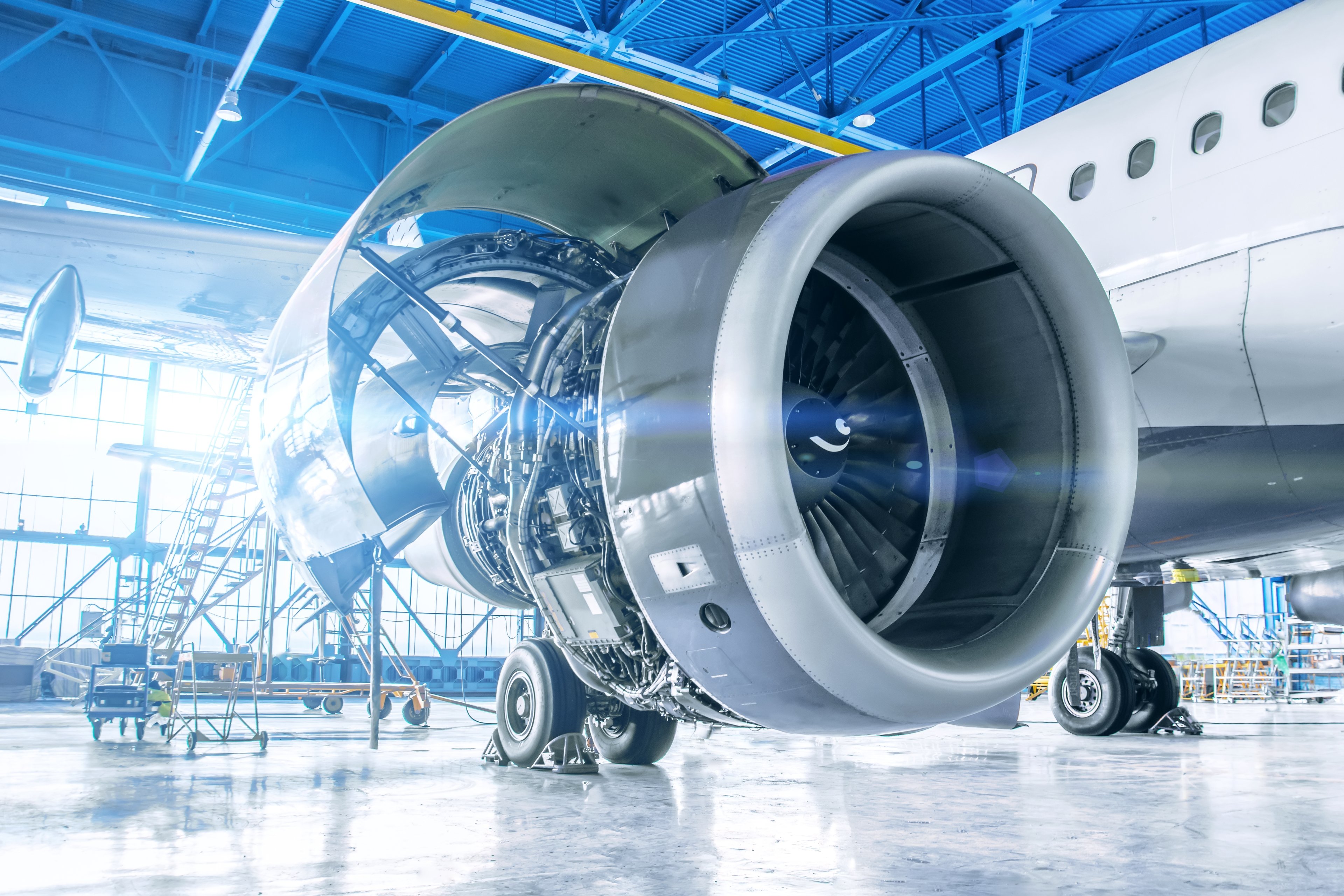
Image credit: GE
Here we go again.
When General Electric's (NYSE: GE) deal to sell its Appliances unit to Sweden's Electrolux (NASDAQOTH: ELUXY) fell through late last year, it wasn't clear who else might try to buy. Appliance giant Whirlpool (NYSE: WHR) was too large to pass regulatory muster (and has a robust group of existing brands, anyway), and foreign brands such as Samsung and LG are self-branded.
Still, at a December shareholder presentation, GE Chairman and CEO Jeff Immelt claimed he had "a bunch of people who are ready to kind of step in and pursue this." He added, "I expect it to happen relatively quickly."
Immelt was right. Less than a month later, Chinese appliance maker Haier has agreed to buy the business.
The price is more than right
GE's collapsed deal with Electrolux was for $3.3 billion. But the Haier deal is much larger, at $5.4 billion in cash. That values the business at 10 times TTM EBITDA. By comparison, Whirlpool, the world's largest appliance maker, is valued at only about 7.7 times earnings. The sale will result in a net gain of about $0.20 per share, which GE says it will offset with restructuring.
"We are pleased to be selling our Appliances business to Haier, which is committed to growing the business globally," Immelt said. "GE Appliances is performing well, and there was significant interest from potential buyers, helping drive a good deal which will benefit our investors, customers, and employees."
Immelt is right to be pleased, as he is successfully executing his vision to turn GE into a leaner, more focused company. The company has already divested $157 billion of GE Capital businesses in 2015 and expects to have them substantially complete by the end of this year. This performance should give investors confidence that he can also bring the sale of the appliances unit to a successful conclusion and make good on his promises to return $35 billion to shareholders.
Dishwater under the bridge
The GE-Electrolux deal was terminated during a trial stemming from a lawsuit from the U.S. Department of Justice, which contended that the sale would have caused a duopoly between a merged GE-Electrolux and Whirlpool, which together would have controlled more than 90% of appliance sales to homebuilders, and more than 50% of the U.S. market overall, according to 2013 data.
The loss of the Appliances unit sale price was going to leave a $3.3 billion hole in its plans to return $35 billion to shareholders. The Haier deal would fill that hole -- and then some. But it, too, would still need approval from regulators and shareholders of both companies.
Breaking up is hard to do
The good news for GE shareholders is that Haier is much likelier to meet with Justice Department approval than Electrolux was. While Haier has a huge presence in its native China, it had only 1.1% of the U.S. appliance market last year.
On Haier's end, things are a bit more complex. Not only would Chinese regulators need to approve the deal, but so would Qingdao Haier shareholders, as well as KKR and Haier Group, which jointly own 50.8% of the company. But the advantages of the deal for Haier are huge.
What's in it for them
In China, Haier is in second place when it comes to appliance market share, with 7.9%. Fellow Chinese company Midea is in first with 17.1%. However, in the U.S., Haier's tiny share of the appliances market is pretty much limited to a single product: refrigerators. Access to the GE product portfolio will give Haier North American market share in other categories, such as ranges and dishwashers.
But there's one more facet to the proposed deal that's not getting a lot of coverage. Buried at the end of GE's press release announcing the deal was this nugget:
GE and Haier also announced today a long-term strategic partnership to explore cooperation in the areas of industrial Internet, healthcare, and advanced manufacturing. GE will help Haier enhance the efficiency of its manufacturing plants, while Haier will help implement GE's Predix platform. Both companies will work together on opportunities to develop and grow affordable consumer health initiatives in China.
As Haier continues to grow, support from GE will be invaluable. Likewise, having Haier's assistance will hopefully help GE make inroads into Chinese markets.
The Foolish bottom line
The emergence of a new buyer so soon after the Electrolux deal's collapse, and at such a premium price, should give GE investors confidence that the appliances unit sale will go through. And even if the Justice Department tries to block it, which seems unlikely, the fact that there were other bidders bodes well for the prospect of finding (yet another) buyer.
More importantly, this news also brings GE's plans to return cash to shareholders one step closer to reality. If you're a shareholder and the fate of the Electrolux sale gave you pause, this should persuade you not to sell. And the partnership between GE and Haier is icing on the cake.








